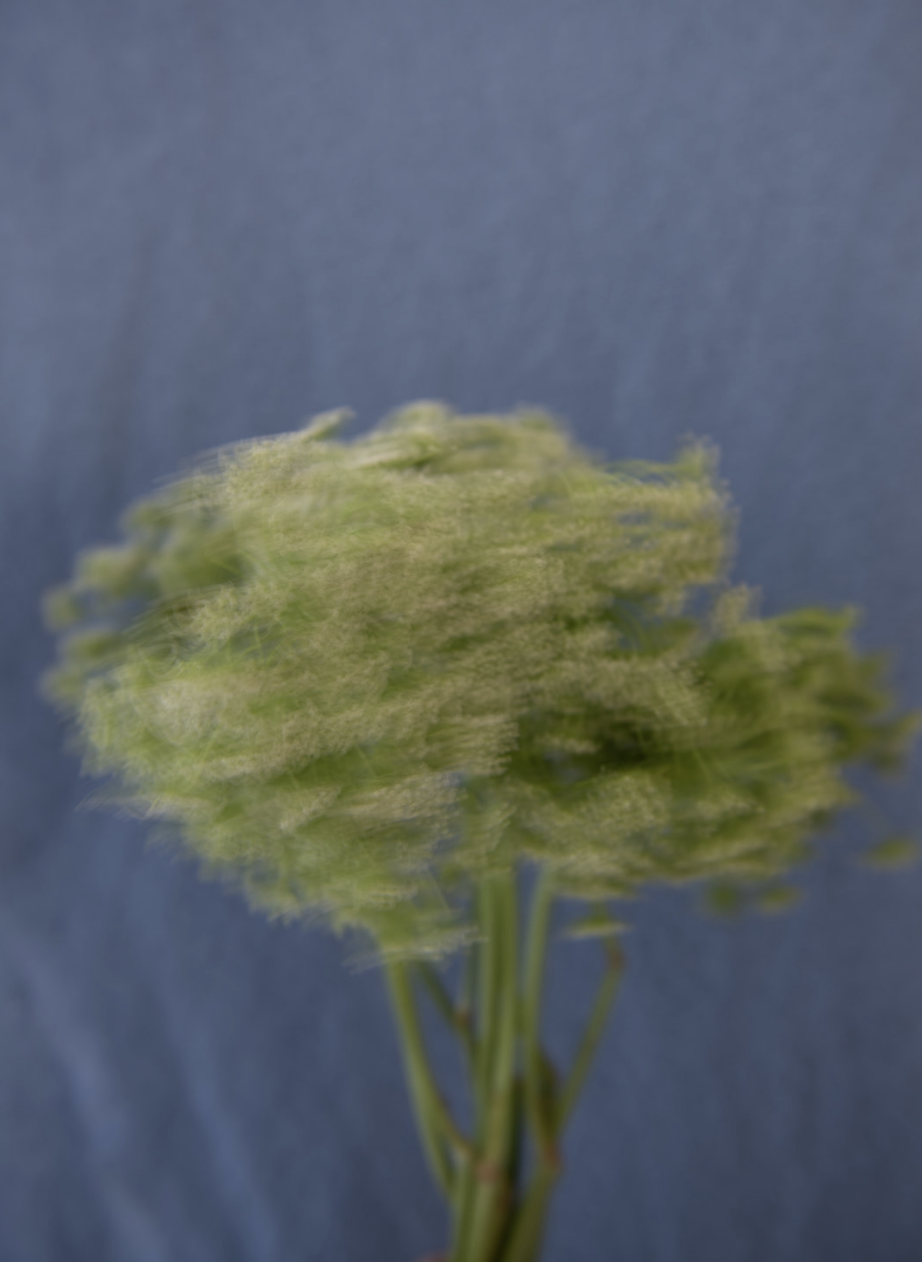HORTICULTURAL
THERAPY
is the use of horticultural / plant activities as a therapeutic tool for mental, physical, emotional, and social well-being that’s led by a trained horticultural therapy professional.
Professionally established over 100 years ago, you’ll find HT practiced most often in hospitals, schools, mental-health facilities, prisons, and rehabilitation centers.
With Basker, I’m excited to introduce HT more broadly and make it more accessible outside of clinical and institutionalized settings - so everyone can benefit from the practice.
I WORK WITH
ADULTS + CHILDREN
I offer private + one-on-one, group, and workplace well-being sessions.
All programming is created with a client’s goals in mind and uses one (and sometimes a combination) of these plant-related activities: Gardening, Arts, and Cooking.
Feel overwhelmed, stressed, or anxious
Want a deeper connection to self
Seek new social opportunities / less loneliness
Want more moments offline
Experience symptoms of (peri) menopause and other women’s health conditions
Want to find more hope
Seek tools to create more everyday calm and mindfulness
Crave new experiences / less monotony
I help people who:
Send a message to hello@baskergardens.com for a free consult and pricing details.
Examples of HT goals:
EMOTIONAL
Reduce stress, increase resilience, decrease overwhelm + anxiety, increase acceptance of imperfection, improve anger control and patience, improve empathy towards self / others
SOCIAL
Build relationships, reduce isolation and loneliness, create offline + in-person experiences, make intergenerational connections, create confidence in groups
COGNITIVE
Increase focus on tasks, improve time management, build confidence in decision making, improve memory recall
PHYSICAL
Increase endurance and mobility, create more daily movement opportunities, increase range of motion, improve nutrition (via food literacy)
The research on how gardening and nature has helped people’s mental, physical, emotional, and social well-being is pretty remarkable.




